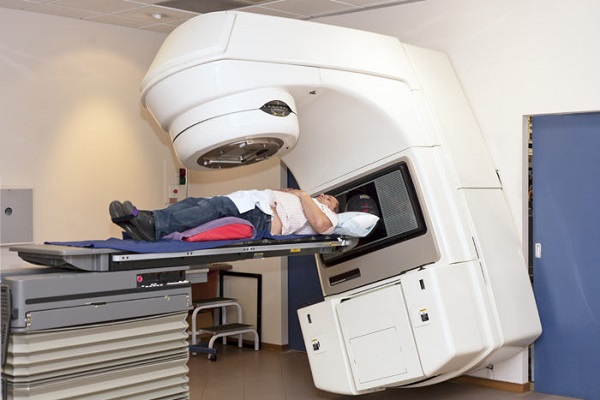
More than three years after the landmark Lancet Commission report exposed the global diagnostic gap, a wave of new initiatives is emerging to address this inequity. Yet, millions of people—especially in low-income countries like Nigeria—are still left behind, with limited access to basic diagnostic tools critical to disease prevention and treatment.
In 2021, the Lancet Commission on Diagnostics revealed that 47 per cent of the global population lacked access to essential diagnostic services. The situation was even more dire in low- and lower-middle-income countries, where the figure soared to 81 per cent. The COVID-19 pandemic brought this crisis into sharper focus, exposing the deadly consequences of poor diagnostic infrastructure, especially for diseases like tuberculosis, diabetes and cancer.
Global efforts such as the African Collaborative Initiative to Advance Diagnostics and India’s Free Diagnostics Service Initiative demonstrate that expanding access is possible with strong political commitment. These programmes have improved diagnostic availability at the primary care level and offer viable models for adaptation in countries like Nigeria.
A leading virologist and public health expert, Prof. Oyewale Tomori, emphasised the need for local ownership. “Nigeria must domesticate these global successes. Diagnostics are foundational. Without them, our entire health response is reactive rather than preventive,” he said. He noted that despite Nigeria’s significant disease burden, the country remains overly dependent on donor-driven or private-sector diagnostic services.
According to the World Health Organisation, over 60 per cent of Nigeria’s primary healthcare facilities lack basic diagnostic tools such as malaria test kits, haemoglobin metres, or imaging capabilities. A public health physician and global health advocate, Dr. Gabriel Adakole, underscored the importance of integrating diagnostics into the country’s Universal Health Coverage (UHC) goals. “If we want UHC to be meaningful, diagnostics must be made free and accessible at the primary healthcare level, just like immunisation,” he said.
Adakole highlighted the promise of the newly launched WHO-led Global Diagnostics Coalition, which aims to unify international efforts to fund, coordinate, and accelerate diagnostic access globally, an area historically overshadowed by pharmaceuticals.
The lead author of the original commission report, Prof. Susan Horton, reiterated the importance of diagnostics. “They are the bedrock of a functioning health system. Treatment without accurate diagnosis is little more than educated guesswork,” she said. Despite the growing momentum, she noted that key recommendations remain unfulfilled, especially those calling for workforce development and technologies tailored for rural and conflict-affected regions. “Even in wealthier nations, affordability continues to be a barrier, which highlights the need for global solidarity,” she added.
A Nigerian public health policy expert, Dr. Aminu Ibrahim, called for decisive action. “We must allocate a dedicated budget line for diagnostics under the Basic Health Care Provision Fund. Without it, Universal Health Coverage is just a slogan,” he said. Ibrahim stressed the urgency of creating a national diagnostics strategy aligned with Nigeria’s broader health goals, warning against fragmented, short-term interventions.
He also urged collaboration. “There’s tremendous opportunity for Nigeria to partner with NGOs, private labs, and academic institutions to expand access, build capacity, and reduce costs for patients,” he said. He advocated for the scale-up of proven tools such as GeneXpert machines for TB detection, mobile X-ray vans for hard-to-reach areas and tele-laboratory services that connect patients in rural areas with specialists.
“These aren’t futuristic ideas, they’re available now and need to be implemented,” Ibrahim said.
As the Lancet Commission argued, diagnostics are not mere instruments; they are gatekeepers of health equity. The real question is no longer whether the world is acting—it is whether Nigeria will rise to the occasion and treat diagnostics not as a luxury or a commodity, but as a basic human right.
A Nigerian health policy advisor, Dr. Jumoke Mark, put it plainly: “Diagnostics shouldn’t be a luxury. They are the first step to closing the health inequality gap.”

